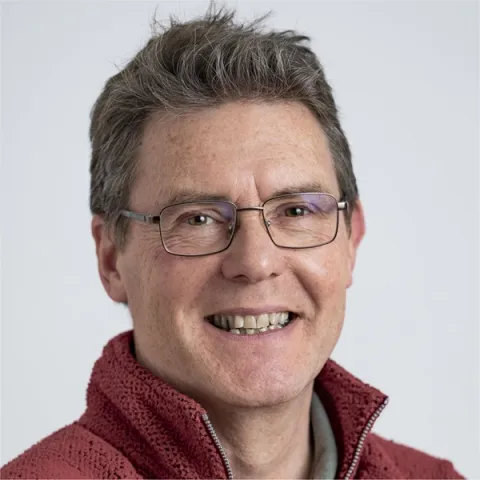About the project
The University of Southampton is expanding its PhD research in the area of Quantum Technology Engineering. In addition to the research project outlined below you will receive substantial training in scientific, technical, and commercial skills.
Quantum technologies for computing, timekeeping and sensing require atomic wavefunctions to be split and recombined with precision and fidelity. Often, these operations are performed using pulses of laser light, and are affected when atoms move to different beam intensities or incur Doppler shifts. Intriguingly, in the analogous field of magnetic resonance, pulses have been designed that tolerate such variations by shaping the phase and amplitude within each pulse. We have already used these NMR optimal control techniques to design individual ‘mirror’ and ‘beamsplitter’ pulses for atom interferometry.
In this project, you’ll build upon our previous work to investigate pulses whose ‘apparent origin’ are unaffected by movement and intensity variations, so that the calibration scale factor of quantum sensors is better defined. You’ll optimize not just individual pulses but whole interferometer sequences, allowing early errors to be compensated at a later stage; and you’ll introduce ‘dynamical decoupling’ to make the sequences more immune to noise. You’ll look into the origins of intriguing features that emerge during computational optimization. Finally, you’ll be able to demonstrate each of these aspects experimentally. Throughout, you’ll develop skills and expertise in quantum technologies, atomic and laser physics, supercomputing, digital modelling, photonics, control and instrumentation.
This project offers scope for one or two students addressing a combination of computational optimization and simulation, theoretical analysis, and experimental validation and characterization.

